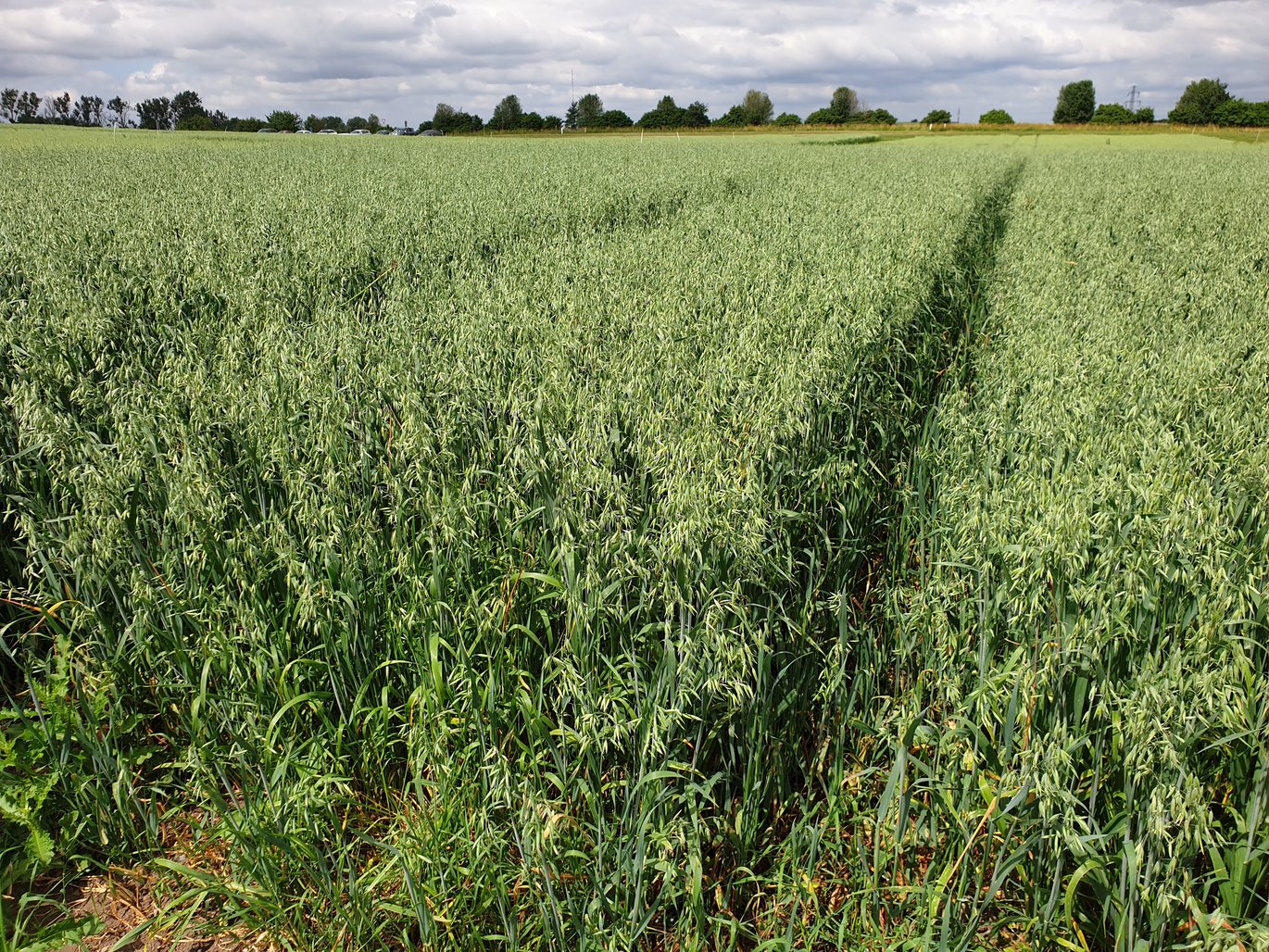Consumer opinions on the opportunities for recirculation in organic food production
The organic production is near the limit for how much area can be cultivated organically, due to an increasing shortage of nutrients. Hence, difficult choices in regard fertilization strategies that might alienate consumers need to be investigated.

Currently, the organic farmers need to use fertilizer inputs, i.e. manure from conventional pigs and cows. Though organic farmers might wish to limit the use or stop using it, the lack of nutrients remains a big challenge and it is necessary to find alternative sources of nutrients.
The Danish Organic RDD project RECONCILE studies whether there are health and environmental risks due to the use of;
- Composted household waste from urban areas
- Biosolids from wastewater
- Human urine
- Waste products from industry
One thing is what can be tested in relation to risks, another thing if what the organic consumers think and how the use of alternative types of nutrients affect their opinion and trust in organic production and products. Investigating this issue is also an important part of the RECONCILE studies.
Dilemmas regarding recirculation
The organic consumers in the qualitative study of RECONCILE are focused on sustainability and consider the organic production as something that is more sustainable than other forms of production. However, sustainability is a much broader concept for them than what can be covered by the organic production.
The consumers think about two important aspects when talking about recirculation 1) the most optimal and smart use of resources and 2) minimal waste, and all consumers in the study react positively to the idea of recirculating organic materials, such as food waste, plant waste and meat processors.
During the interviews, the consumers are informed about the fact that organic production use conventional pig and cow manure as fertilizer. Introducing them to this new knowledge actually seems to pave the way among the organic consumers for an acceptance of other types of organic, compostable materials as fertilizer inputs. The consumers do not see it as a big problem to use either food waste, human urine or biosolids from waste water - though they don’t like to dwell too much on the details.
Special attention on microplastics
Microplastic are part and parcel of many types of waste – all soils near human activity contain microplastic, and this need not be due to waste application. We have indications that the organic fraction of household waste contains the most microplastic per kg P, which would be used for the application of this material.
The interviews shows that none of the 20 participants in the survey is happy about the fact that it is impossible to avoid that waste material contains microplastic. Most of the participants conclude that it should be avoided to use the fertilizer as an input for new crops. However, a few of the participants think that if it can be demonstrated that microplastic is of no harm for the nature, environment, animals and people, it could then be justified to use such recirculated material.
Communication and choice of wording as an important aspect for acceptance
The majority of the consumers participating in the study are not aware at the time of the beginning of the interview that today’s organic farming use manure from conventional pigs and cows to fertilize organic fields. Hence, the participants’ responses in the first part of the interview should be seen in the light of this.
When they are presented to this information towards the end of the interview put their previous opinions into a new perspective. This information makes the majority of the respondents accept other forms of non-organic material as fertilizer for organic farming. Some participants think that such materials can be used alongside the use of conventional manure, while others think that it should replace the use of conventional pig manure. A minority felt that the use of the alternative materials comprises organic production too much.
These findings seem to suggest that communication and specific wording may prove important and also that opinions can mature over time. Therefore, RECONCILE sees it as recommendable that advantages and disadvantages are communicated in several phases, trough more than one channel and with more forms of wordings.
Transparency seems important, but too many details have a potential to alienate the consumers, especially when it comes to waste material such as manure, biosolids from wastewater and human urine. Thus, there should be made a balance between information used in communication campaign to the public and which information should simply be available online, e.g. on websites.
RECONCILE concludes that it would be advantageous to communicate about recirculation in a broader context of sustainability, future viability, smart use of natural materials and a circular process – a context the organic consumers find important - and a context in which they perceive organic production as having a crucial role to play now and in the future. |
RECONCILE is part of the Organic RDD5 programme, which is coordinated by ICROFS (International Centre for Research in Organic Food Systems).
For more information about the study, please contact Nina Preus, Landbrug og Fødevarer (Danish Agriculture & Food Council): npre@lf.dk
For general information about the project, please contact project coordinator, Jakob Magid, University of Copenhagen: jma@plen.ku.dk